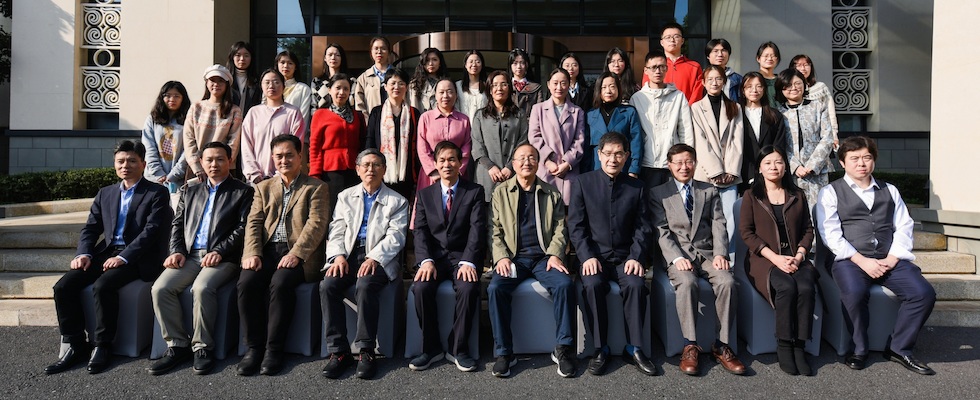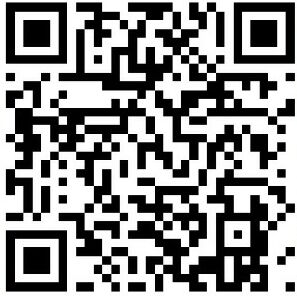- 耿幼壮教授主讲比较文学与跨文化研究中心系列讲
- 瑞典林奈大学Cornelius Holtorf教授应邀讲学
- 上海财经大学Sandro Jung教授应邀来我院讲学
- 大观念视角下的单元整体教学
- 著名学者张辉教授谈“批评认知语言学”
- 中国符号学泰斗赵毅衡先生受邀作“文学及艺术中
- 韩国东国大学金英敏教授应邀讲学
- 学谈判,悟谈判,用谈判
- 日本国立广岛大学卢涛教授应邀来我院讲学
- 艺术文化中的俄罗斯
- 敦雅书社——经典阅读系列:北京语言大学陆薇教
- 上海交通大学刘建军教授应邀讲学
- 清华大学曹莉教授应邀讲学
- 钱兆明教授主讲杭州师范大学外国语学院2021海外
- 敦雅书社—阅读共同体系列之二:英国文学的讽刺
- “明道利器,翻译之基” ——复旦大学何刚强教
- 山东大学博士生导师程相占教授应邀讲学
- 外国语学院举办“如何阅读文学”讲座
- “教学+综述”型论文写作的“破”与“立”
- “全球人文”与中国学者的贡献 ——上海交通大
题目:对话-话语之源泉:由《庄子》中的悖论谈起
地点:恕园19-501
时间:2017年5月10日下午3:15
讲座人:Wolfgang Teubert
主讲人简介:
Prof. Teubert伯明翰学派代表人物之一。长期从事德语和英语语言研究,先后受聘于德国和英国的多所大学以及欧盟的语言教学和研究机构,现为英国伯明翰大学终身荣誉教授。他是SSCI刊物《国际语料库语言学》的创刊人,是《语料库语言学研究》和《语言对比研究》等多本杂志的编委和特约审稿人。
内容简介:
Dialogue – the fountain of discourse:
Paradoxes in the Zhuangzi and what they tell us
In this talk, I will look at two paradoxes, the fishnet and the rabbit snare story, and the brief dialogue between Zhuangzi and Huizi (Hui Shi) about the happiness of fish. I will do this from the perspective of discourse analysis. Discourse consists of arbitrary signs. They mean what people have (more or less) agreed that they mean. They do not refer to things, relationships or processes taking place in the ‘real’ world, the world that exists outside of discourse. Instead they refer to the world we construct by talking about it. For the Daoist Zhuangzi, too, language is not a (true) representation of heaven and earth (天 [tian] 地 [di]), the natural, social and spiritual world (the dao). For him (but not for Confucius), the meaning of a word is not fixed by its reference to things of the ‘real’ world. For in this ‘real’ world there are no things that would distinguish them from other things. In this ‘real’ world, there is only indiscriminate stuff in constant transformation. It is us who are creating individual things by talking about them.
The Daodejing suggests we should give up language altogether, because what we say is never the dao, the’real’ world. My understanding of the Zhuangzi is, on the other hand, that this text insists that if we want the world confronting us to have a meaning, we have to talk about it, to share and exchange our ideas about it. It may not be the ‘real’ world out there, but it is the world as we understand it. This is what I think the two paradoxes are about.
In this sense, the discourse theory I attribute here to the Zhuangzi is quite close to modern discourse theories, as we find them in the paradigm of social constructivism/constructionism and in post-structuralism (e.g. Jacques Derrida). It seems there is still a lot to learn from Zhuangzi.







